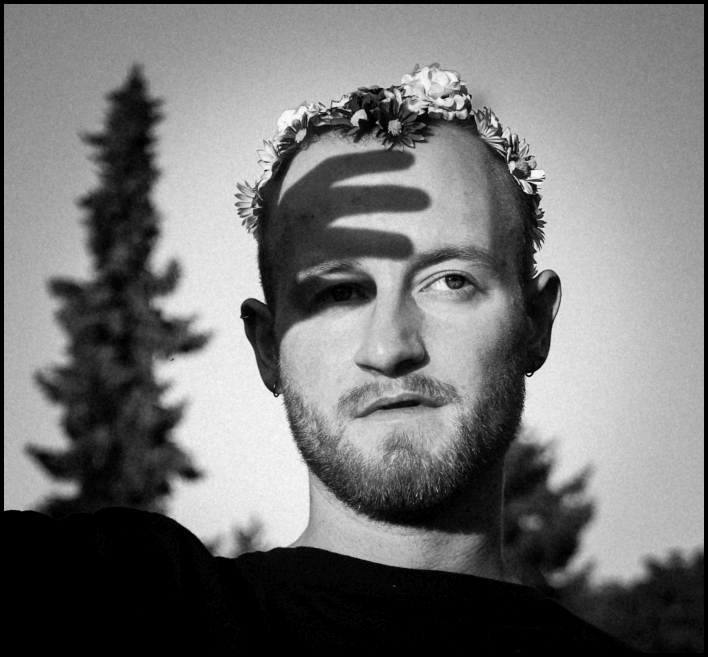


Schon die allerersten Worte im Intro zu Bountydaves Debütalbum Show Me Love sind bezeichnend für das was folgt: Today I put on some make-up / To make myself disappear / Behind all those shadows / My mind has created over the years. Der Rapper lässt tief blicken in sein mentales sowie emotionales Reservoir an einerseits Wunden, Ängsten und Problemen aber andererseits auch an Bewältigungsstrategien und Resilienz, an Optimismus und Fähigkeit, nach Rückschlägen wieder aufzustehen. Es gibt vor allem in der ersten Hälfte von Show Me Love Tracks wie Borderline, ADHD (in dem Bountydave auch seine eigene Diagnose thematisiert) oder I’mSoDone, in denen seelische Krisen und Störungen sensibel, aber auch ohne Scheuklappen angesprochen werden. Auf der anderen Seite von Show Me Love stehen, überwiegend in der zweiten Hälfte, Songs wie Infinity, How Come oder Let Go, die Loslassen, Heilung und Selbstwert in den Mittelpunkt stellen. Dabei geht es Bountydave nicht nur um Persönliches, sondern auch um das Transzendieren gesellschaftlicher Konzepte wie Männlichkeit oder Normalität. So vollzieht sich im Laufe von Show Me Love ein Wandel, eine Transformation der Schmerzen hin zu etwas Neuem. In der Überwindung des eigenen destruktiven Egos schließlich lässt Bountydave sein altes Ich zurück, wie er in der allerletzten Zeile des Outros preisgibt: Am I really dead / Or just going through a phase / I think I can see the end / Or is it just the beginning of something new?
Vienna’s Bountydave reveals the emotional ups and downs of his life in his typical mixture of rap, pop and indie. He does not hesitate to disclose his unfiltered feelings, fears, doubts, setbacks, but also dreams and achievements. Mental health, heartbreak, falling in and out of love, desire, emotional vulnerability are some of the recurring themes in Bountydave’s music. His debut single Yang Yin (Futuresfuture Records 2021) charted on Austria’s biggest youth radio station FM4 and Bountydave has not left national and internation radio rotations since then. His debut album Show Me Love (Futuresfuture Records 2023) was the result of him trying to channel all the negative energy that accumulated in his admittedly still young life into something productive. Bountydave succeeded in showing that reflecting on and confronting one’s demons pays off and will continue to express his inner self through music.

